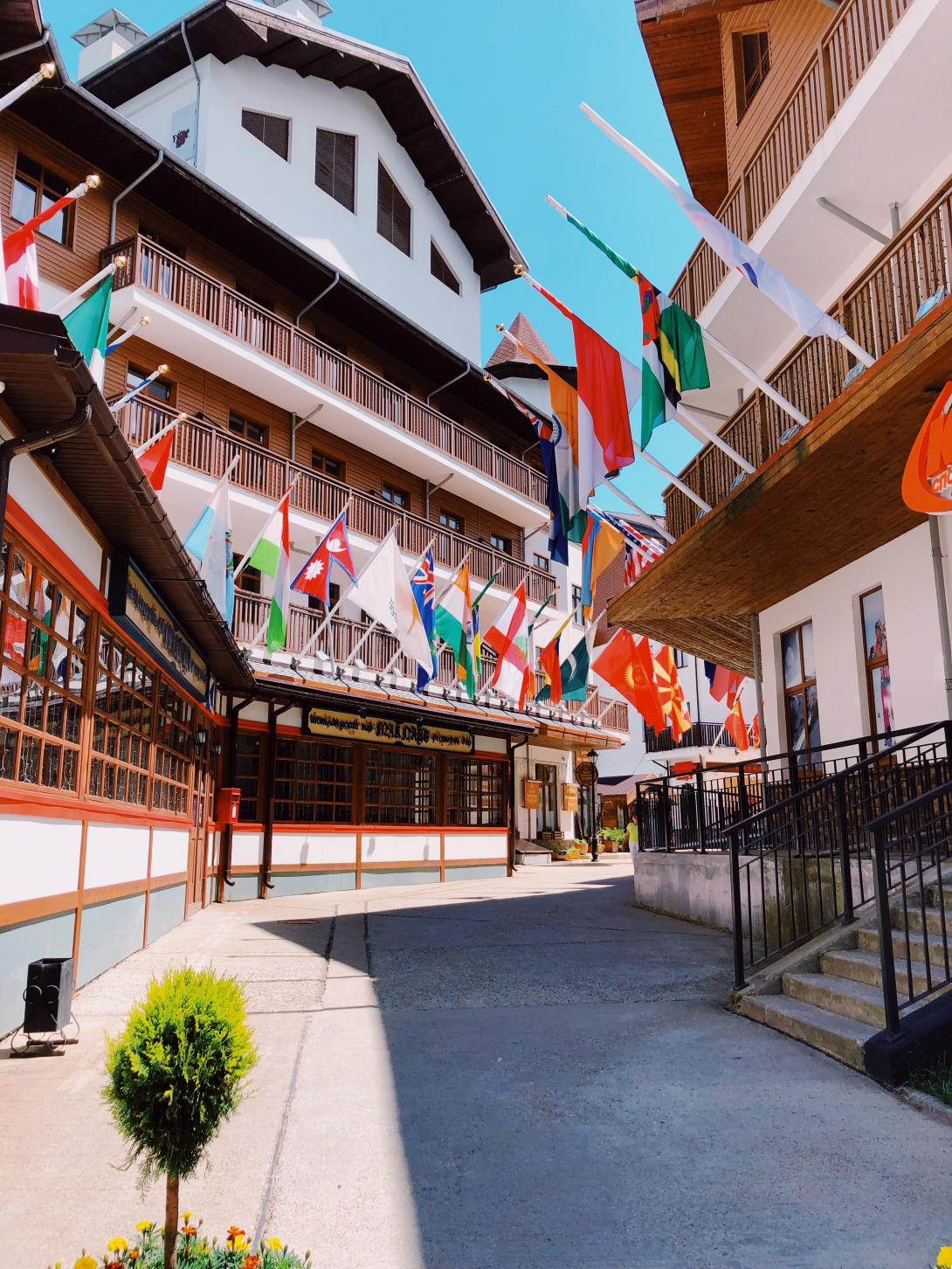07 January 2022
‘Food Systems Coordination Hub’ announced as follow up to UN Food System Summit

Last year the UNFSS brought together millions around the world in discussions over transforming our food systems. Over 1,600 summit dialogues were held around the main summit, a four day pre-summit was held in Rome and the main summit itself brought together over 160 member states over one and a half days in New York City. Though widely criticized for being co-opted by corporate interests and boycotted by some, including La Via Campesina, the Summit has undeniably contributed to the increasing volume of the international call for food system transformation and mobilised many towards action, whilst identifying the top priorities for action of member states.
In December 2021, the Secretary-General released an Information Note about the ‘Food Systems Cordination Hub’ that is to be established, replacing the FSS Secretariat.
What will the Hub do?
The Hub will “take on essential coordination functions to bring together and link food systems knowledge and expertise from diverse constituencies, including through a Stakeholder Advisory Group, to support national progress on the SDGs in response to country priorities.”
In a recent briefing provided by the UNFSS Secretariat, they outlined four strategic objectives and five complimentary functions:
There are four strategic objectives:
-
Support national governments and UN Country Teams to accelerate transformative action within food systems to advance progress on the SDGs.
-
Maintain, expand and deepen the inclusivity of the global ecosystem of diverse stakeholders that are supportive of transforming food systems at all levels.
-
Sustain a consistent, compelling and contextualized narrative around food systems transformation for the SDGs that all stakeholders can embrace and amplify.
-
Prepare a global stock taking moment every two years through 2030.
The Hub will perform complementary functions:
National Dialogue and Pathway Support
Coordinate the provision of technical & policy support requested by countries as they formulate and implement national pathways for food systems transformation.
Ecosystem of Support
Promote better integration of the broad ecosystem of support on a country demand-driven basis, including through the 5 Action Areas; draw on services from the UN system, including support to multi-stakeholder processes and technical expertise.
Strategic Thought Leadership
Elevate priority topics for strategic thought leadership in the food systems transformation agenda to be worked on by UN Agencies and leading actors in the ecosystem of support.
Communications and Advocacy
Increase awareness, shape the narrative, and drive collective mobilization around the role of food systems transformation at the heart of delivering the SDGs.
Stakeholder Engagement
Account for the views, efforts, and resources of a wide range of important and self-organizing constituency voices in the Hub’s work.
Who is running the Hub?
The Hub is to be hosted by FAO on behalf of the UN System and staffed by RBAs (Rome-based Agencies – FAO, WFP, IFAD), UNDP, UNEP and WHO secondments. A veritable acronym soup. The Director of FAO’s Office of SDGs, Mr. Stefanos Fotiou, is the individual appointed leadership of the Hub.
Besides this high-level organisation, there will be support from partners and initiatives across the five Action Tracks and a Stakeholder Advisory Group, made up of representatives for Producers, Indigenous Peoples, Youth, Women and the Private Sector.
When will the Hub be operational?
There will be a phased roll out of the Hub from April 2022 until December 2022, when it will be fully operational. The Food Cities 2022 team will share updates and information on how to get involved as it emerges.
There is great potential for this Hub to be a valuable resource and to facilitate a great deal of cohesive progress. We know that collaboration and coordination are key to effective change at any scale, so we hope, with diverse and transparent processes and the right organisation and leadership in place, this will prove itself to be a catalysing tool in achieving the SDGs and setting global food systems on a new path.


